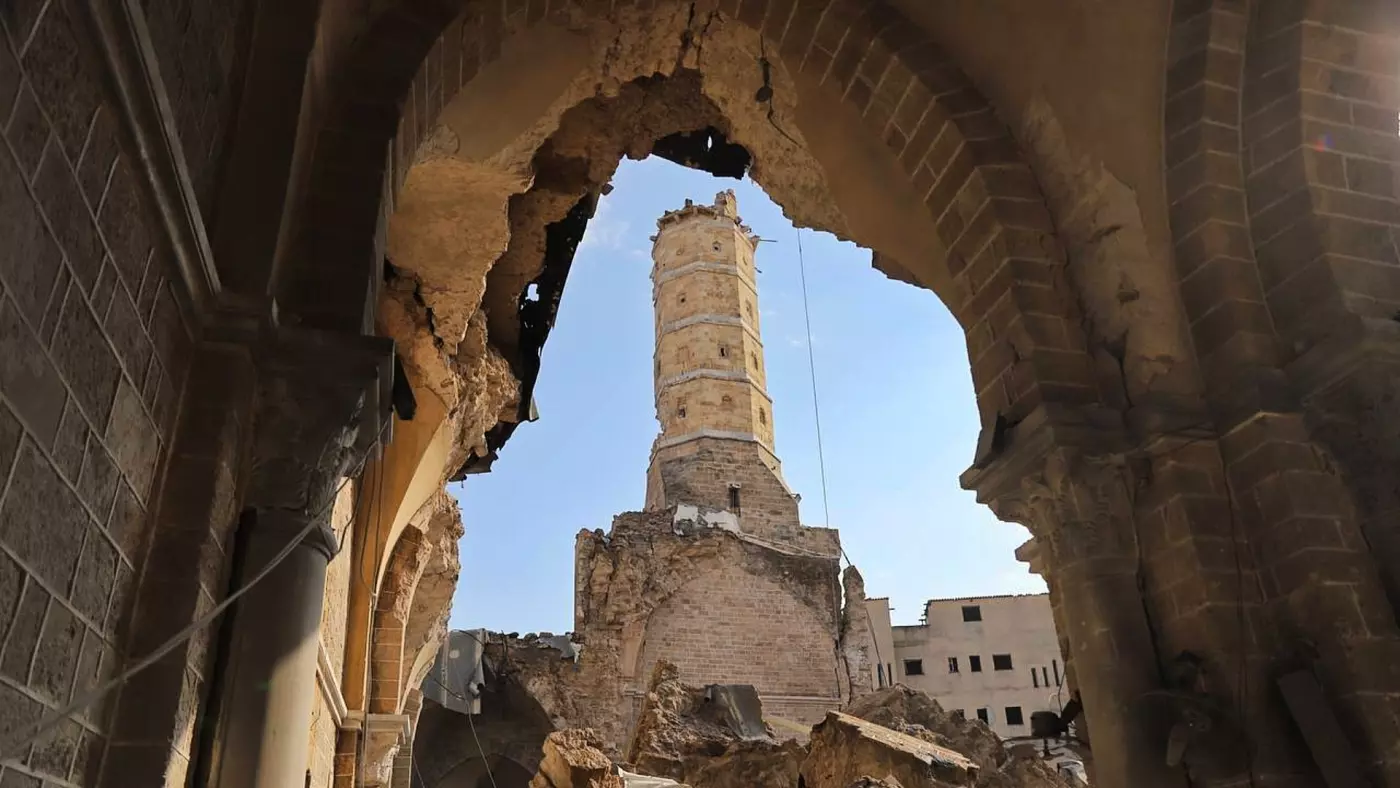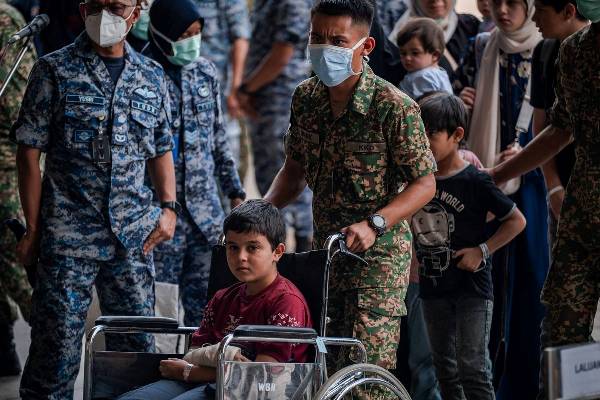Israel’s alleged plans for the people of Gaza, reported on Saturday by the BBC’s highly respected diplomatic correspondent, Paul Adams, quoting named Israeli military spokesmen and some of the most senior officials from UNRWA and WHO, would amount to inflicting a holocaust on the Palestinian people, says one of the most highly respected Palestinian professors at the Arab American University of Palestine in Ramallah, Dalal Iriqat. The plan is to push up to 2 million Palestinians, sheltering in south Gaza, into a small portion called al-Mawasi, which is just 2.5 kilometres wide and 4 kilometres long.The Director of Communications of UNRWA, the United Nations agency responsible for the welfare of the Palestinian people, Juliette Touma, says of al-Mawasi: “There is nothing there. It is just sand dunes and palm trees.” Even the Israeli Defence Forces spokesperson, Lt. Col. Richard Hecht, has admitted al-Mawasi is “going to be dire”.
Al-Mawasi lacks essential infrastructure. There are no hospitals and the vast majority of people, if pushed there, will have to live in tents. This will be at a time when winter has set in and it’s cold and it rains frequently. Yet, Avichay Adraee, an Israeli defence forces spokesman has told the Arabic media (as reported by Paul Adams in his BBC story) al-Mawasi will provide “appropriate conditions for your loved ones”.
Adam says: “Israeli officials say it will be up to aid agencies to make sure help reaches al-Mawasi.” However, heads of 18 UN agencies and NGOs have clearly rejected Israel’s plans. They issued a statement to say: “We will not participate in the establishment of any safe zone in Gaza”.
Separately, the Director General of the WHO, has called the idea of cramming 2 million people into an area just 2.5 kilometres by 4 “a recipe for disaster”. He says, “Attempting to cram so many people into such a small area with such little infrastructure or services will significantly increase risks to health for people who are already on the brink.”
If this happens, for the people of Gaza this will be a second nakba. The first was in 1948 when they were forced to leave their homes in the West Bank and ended up as refugees in Gaza. Now, 75 years later, they have already been forced out of their homes in Gaza and could end up in a wee patch of land called al-Mawasi.
A second trauma looming over the people of Gaza, when the truce ends, is the real possibility that Israeli airstrikes could be considerably worse than what we saw during the first 50 days of the war. This is because Eli Cohen, the Israeli Foreign Minister, has already accepted that Israel only has 2-3 weeks to obliterate Hamas before international pressure becomes impossible for Israel to resist. This clearly leaves open the prospect of a far higher and worse scale of bombing than we saw in the first 50 days of the war.
The only hope that both the al-Mawasi project and the sharp increase in bombing that are anticipated after the truce ends will not happen or be substantially tempered is that pressure from Western governments – and perhaps behind that pressure from their people on those governments – is so strong that the Israel government is forced to re-think.
Post Disclaimer | Support Us
Support Us
The sailanmuslim.com web site entirely supported by individual donors and well wishers. If you regularly visit this site and wish to show your appreciation, or if you wish to see further development of sailanmuslim.com, please donate us
 Donate
Donate
IMPORTANT : All content hosted on sailanmuslim.com is solely for non-commercial purposes and with the permission of original copyright holders. Any other use of the hosted content, such as for financial gain, requires express approval from the copyright owners.
 Sri lanka Muslims Web Portal Sri Lanka Muslims News Center
Sri lanka Muslims Web Portal Sri Lanka Muslims News Center
 Donate
Donate


